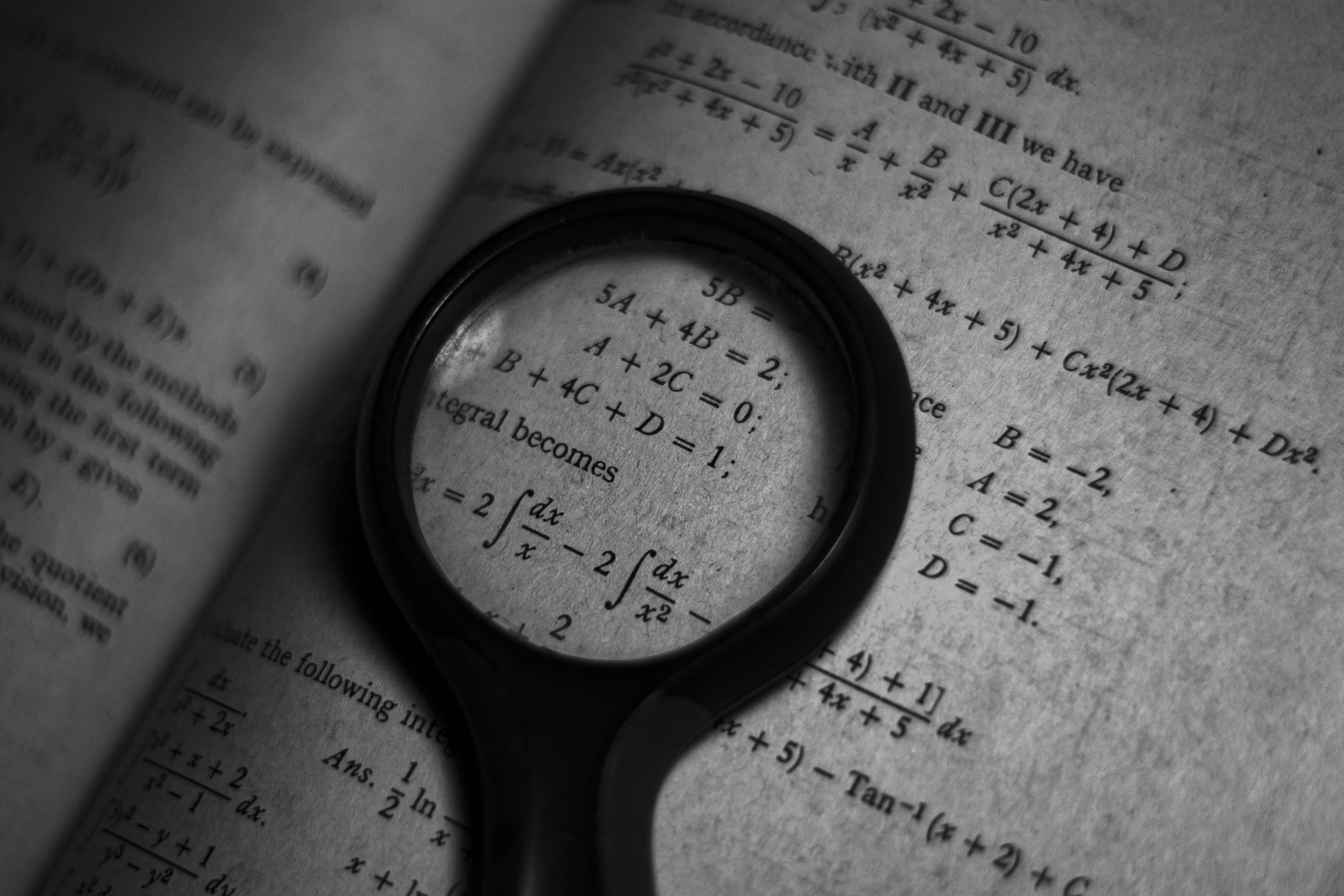Decolonising Mathematics: A New Lens on the UK Curriculum
When we hear the word decolonisation, our minds often jump straight to history lessons or literature courses. But mathematics? For many, the idea that maths – often seen as neutral, universal, and objective – could carry traces of colonial influence seems puzzling. Yet, as debates about the UK curriculum grow louder, a fresh question has emerged: what does it mean to decolonise mathematics?
Isn’t Maths Universal?
At first glance, mathematics looks like the most impartial subject of all. Two plus two makes four, no matter who you are or where you live. Equations and theorems work the same in London as they do in Lagos, Mumbai, or Beijing.
But scratch beneath the surface and the story is more complex. While the logic of mathematics may be universal, the way it is taught – and whose contributions are highlighted – is deeply shaped by history and culture.
The Hidden History of Mathematics
The current UK curriculum often presents maths as a largely European achievement, tracing progress through figures like Pythagoras, Newton, or Euler. Yet mathematics is a truly global discipline with roots stretching far beyond Europe:
-
Ancient Egyptians developed early geometry to aid construction and land measurement.
-
Indian mathematicians pioneered the concept of zero and decimal systems.
-
Islamic scholars in the Middle Ages translated and expanded upon Greek texts, advancing algebra, trigonometry, and astronomy.
-
The Mayans and Chinese created sophisticated calendar systems grounded in mathematical precision.
By foregrounding only a narrow set of voices, the curriculum can unintentionally reinforce a Eurocentric view, overlooking the global richness of the subject.
Why Decolonise Mathematics?
Decolonising mathematics isn’t about rewriting equations or discarding centuries of knowledge. It’s about broadening the lens through which maths is taught and understood.
-
Representation Matters – Students from diverse backgrounds see themselves reflected in the history of mathematical ideas.
-
Richer Understanding – Recognising multiple contributions makes mathematics feel more alive and interconnected, not just a list of abstract rules.
-
Critical Thinking – Examining how knowledge has been shaped encourages learners to think more deeply about who decides what is “mainstream” knowledge.
Practical Steps for the UK Curriculum
So what could this look like in practice?
-
Diversifying Examples: Highlighting the origins of concepts, such as algebra’s Arabic roots or early African counting systems.
-
Contextual Learning: Showing how mathematical advances were linked to real-world needs – trade, navigation, architecture – across cultures.
-
Inclusive Storytelling: Embedding narratives of global thinkers alongside well-known European figures.
-
Teacher Training: Providing educators with resources and confidence to teach maths with this broader perspective.
A Call to Action
If the UK is serious about building an inclusive education system that reflects its diverse society, then decolonising mathematics must be part of the conversation. Here are a few ways stakeholders can engage:
-
Schools can review teaching materials and actively introduce case studies from non-European traditions.
-
Teachers can spark classroom discussions about the origins of mathematical ideas, helping students appreciate the subject’s global journey.
-
Policymakers can ensure that curriculum reviews prioritise inclusivity, funding research and training that supports teachers.
-
Students themselves can be encouraged to question, explore, and celebrate the breadth of mathematical history.
The time has come to view mathematics not just as a universal language of numbers, but also as a universal story of human ingenuity. Decolonising the curriculum is not about erasing the past – it’s about making the future richer, more representative, and more inspiring for every learner.
References
-
Bassey, M. (2022). Decolonising Mathematics Education in the UK: Towards an Inclusive Curriculum. British Journal of Educational Studies, 70(3), 345–362.
-
Gillborn, D. (2021). Education Policy as Racial Policy: Decolonising Education in Britain. Routledge.
-
Joseph, G.G. (2011). The Crest of the Peacock: Non-European Roots of Mathematics. Princeton University Press.
-
Tikly, L. (2020). Decolonising the Curriculum: Context, Issues and Opportunities. University of Bristol Policy Briefing.
-
University College London (UCL). (2021). Why Decolonise the Curriculum? [Online]. Available at: https://www.ucl.ac.uk/teaching-learning/why-decolonise
Final Note: Decolonising mathematics is not a threat to the subject’s integrity. It is an opportunity to tell its fuller story – one that belongs to every culture and every student.


